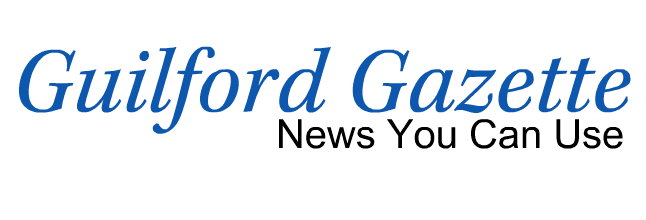Relationships 101 Part 10: Conflicts, Listening
Let’s talk more specifically about those conflict skills you may have written into your Conflict Code of Conduct, (see Relationships 101, Part 9.)
“We will listen more than we speak.”
Most often when we are in conflict, we feel pressed to say what we want to say. Ironically, the best way to be heard is to listen. If both partners go into the conversation with the goal of hearing and understanding the other person, we will both be heard and understood. Trying to force the other person to hear us generates unhelpful defensiveness and unnecessary hurt.
Additionally, reflecting back what was said, rather than assuming we understood the other person’s intent, creates a more constructive conversation and disarms defensiveness. Sometimes when we hear the other person reflecting back what we said, we realize that we didn’t say what we intended. This format gives us a chance to tweak what we said and diffuses pride which helps us avoid power struggles.
Power struggles and pride can deteriorate our conversations. We can quickly find ourselves veering off topic as we grope for ammunition to lob at the other person. We feel attacked so we attack back with “but YOU…?!?!?!?” We have moved away from attacking the problem together. We are now attacking the other other person, instead of the problem.
To summarize, our conflicts will be much more productive if we seek to understand first, if we each reflect back what we thought we heard (giving the other person a chance to hear how they sound to the other person and make adjustments if necessary,) avoid power struggles, stay on topic and keep our efforts trained on “Me and you against the problem.” Stay tuned to this space for more positive conflict skills next week!
_____________________
Tiffany Sankofa, MS LCPC is a therapist in practice in Columbia, MD. If you’d like help growing your relationship, go to www.TiffanySankofa.com and contact Tiffany today. It’s time to take your life back!


